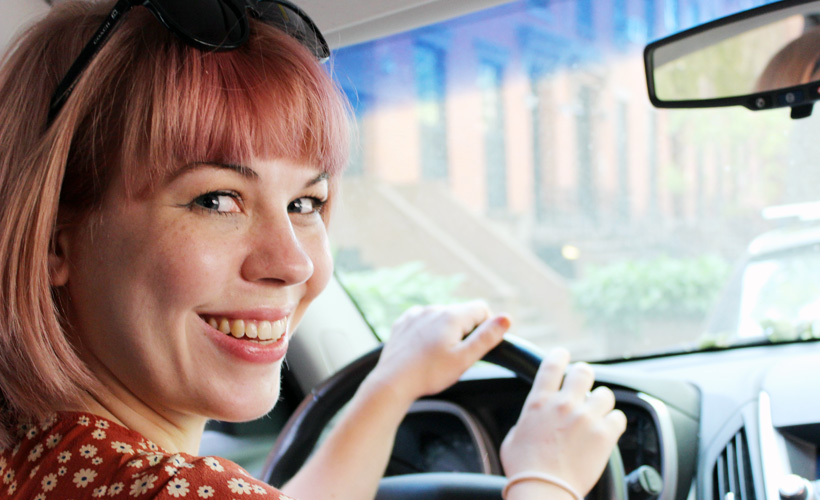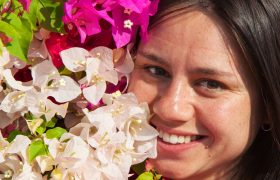In an alarming story out of Detroit, MI, 28-year-old Madeline Atwood has been working hard to convince her friends and family that her relationship to alcohol isn’t an issue because she “only drinks and drives socially.”
“I don’t have a problem!” said Madeline, unprompted, as soon as she saw reporters approaching her. “I only do it socially.”
In spite of her claims that she’s fine, those close to Madeline have expressed concern about her behavior.
“Does ‘drinking and driving socially’ mean she only drives drunk when there’s other people in the car?” said Madeline’s sister, Kacey. “That’s super worrying.”
Madeline’s roommate Jaylen agreed, saying, “I’m worried about her, but mostly I’m worried about me. She’s driven me, like, so many times and she’s always blasting early Britney and barely paying attention to the road. Finding out she was also drunk completely ruined ‘Lucky’ for me, and that’s just unforgivable.”
In response to the concerns of her loved ones, Madeline appeared unfazed.
“People keep trying to tell me that my social drinking and driving might actually be alcoholism?” she said. “And I’m like, that’s a bit of a stretch, no?”
Experts say there are very clear warning signs that your social drinking and driving might actually be alcoholism, like, for example, if you drink and drive socially.
Madeline then proceeded to question how many drinks were “really considered drinking and driving,” to which scientists responded that there’s a “very specific legal amount” and were “concerned” that Madeleine didn’t seem to know that.
“I only turn to alcohol when I’m bored or lonely,” she clarified, “but I only combine that with operating heavy machinery when I’m with friends. See, all good?”
Scientists didn’t need to conduct any studies to see that this was, in fact, not all good. However, Madeline did not seem entirely opposed to change.
“I could give up the driving and socializing parts super easily, probably,” she said. “It’s the drinking I’m hooked on.”
Scientists explained that this was a huge red flag and urged her to seek professional guidance.
At press time, Madeline had finally kicked her habit of driving socially, and had redoubled her time spent drinking and feeling lonely, to which scientists responded, saying, “That’s not at all what we meant.”




